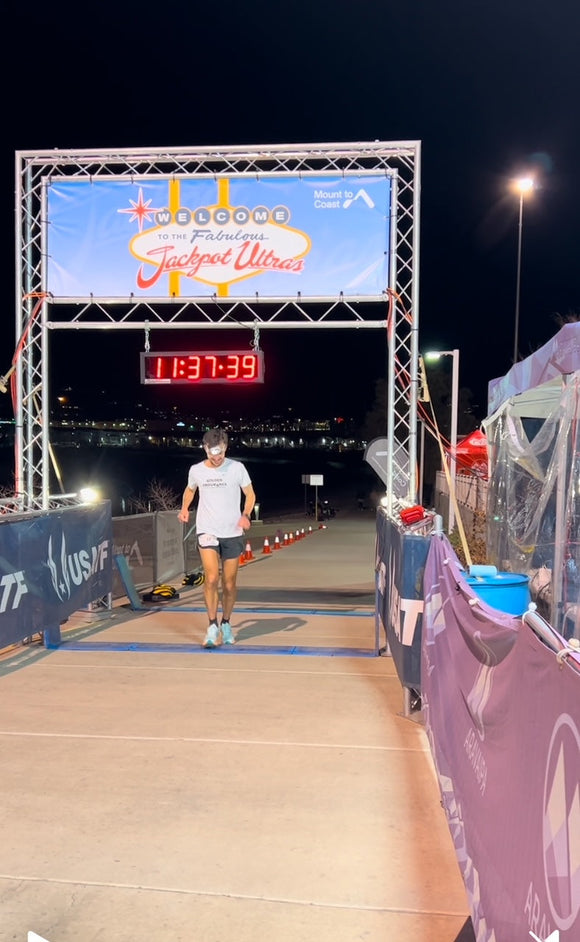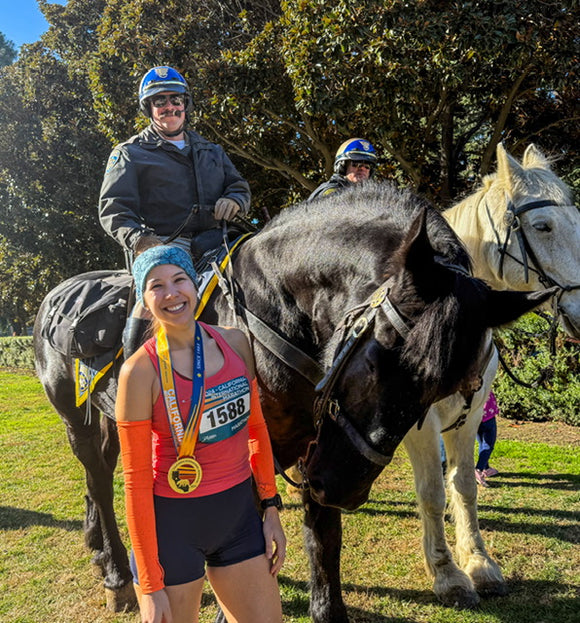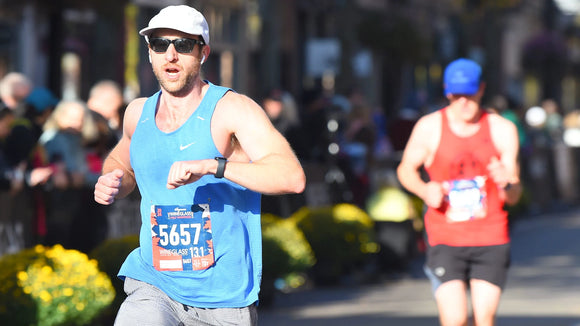Recover better, come back stronger
Recovery is one of the most important parts of training. We don’t get stronger when we exercise. We get stronger after we exercise, when our bodies adapt to the stresses experienced during our workout. The axiom we use as coaches goes like this: Stress+Rest=Fitness.
Simply put, if you want to get the most out of your training session and improve your fitness, you must incorporate rest into your training program to give the body time to recover and super-compensate (a.k.a. come back stronger).
A Coach’s Insight
As a coach, the most common mistake I see in the majority of athletes I work with is improper recovery techniques. For most athletes, it’s second nature to push hard during workouts. But convincing athletes to adhere to rest and nutrition recovery methods is another story.
Pro vs. Amateur
One of the primary distinctions between a high-performing amateur and professional athlete is that the pros are more diligent about the recovery process. A pro athlete is keenly aware of the importance of recovery and knows that taking in quality post-workout nutrition and proper rest sets them up for continued success. Excellent recovery enables them to get the most out of the next day’s workout which, in turn, sets them up for a quality training block and progressive training load without succumbing to over-training.
Have you ever said to yourself, “I train so hard, why am I not improving?” Insufficient recovery is likely the culprit. Read on and learn how to enhance recovery.
The Four Goals of Recovery
There are four primary objectives you’ll want to focus on when it comes to maximizing recovery:
- Stop the body’s exercise-induced catabolic (breakdown) response
- Restore the body’s glycogen stores
- Take in high-quality protein to facilitate muscle repair
- Allow the body to rest and recover
Nutrition Comes First
If you want to reap the rewards of a hard training session, paying attention to your post-workout nutrition is critical. Why? Because immediately following exercise, our bodies are primed to uptake glucose and protein, allowing us to maximize muscle adaptation and repair, optimize recovery, and accelerate glycogen (stored glucose) replenishment.

The Golden Window
In fact, the 30-minute period immediately following exercise is so essential that it gets its own name: The Golden Window. If you consume the right combination of quality protein and easily-digested carbohydrates (included in Osmo Rapid Recovery) during the Golden Window, you will accelerate the recovery process and achieve adaptations more quickly. The right nutrition will stop the body’s breakdown response, restore glycogen, and facilitate muscle repair.
Ignore post-workout recovery nutrition and you will certainly feel it the next day. At minimum, your next training session will suffer. Continue to ignore recovery and you’ll put yourself at risk of over-training or hit a plateau.
Other Recovery Techniques
Sleep
Once your nutrition is dialed, you can focus on other techniques to boost recovery. First, make sure you prioritize getting at least 8 hours of sleep a night with consistent bed-times and take complete rest days. During sleep, our bodies work to heal themselves and the immune system is strengthened.
Foam Rolling
Second, get into the habit of foam rolling. Foam rolling is a form of self-massage or myofascial release that helps alleviate adhesions or “knots” to restore ideal muscle motion and function. A few of the many benefits include: correction of muscle imbalances, increased blood flow, reduced soreness, improved tissue recovery, muscle relaxation and injury prevention. Remember, a relaxed muscle is a strong muscle.
Stretching
Third, make time to stretch at least three times per week. Regular stretching helps relieve post-exercise muscle stiffness, improves mobility, increases blood flow, and supports mental and muscular relaxation. Not only can you improve flexibility and mobility, stretching helps maintain a healthy length-tension relationship in the muscles to bring about a stronger contraction when you need it.
Hydration
Lastly, it’s important to remember that hydrating should continue for at least 4-6 hours after your workout has finished. Continue sipping plain water or an electrolyte beverage to ensure proper hydration.
Get the most out of your training and prioritize recovery. Once you commit to a consistent recovery routine, you will notice a big changes in your overall health and performance.



